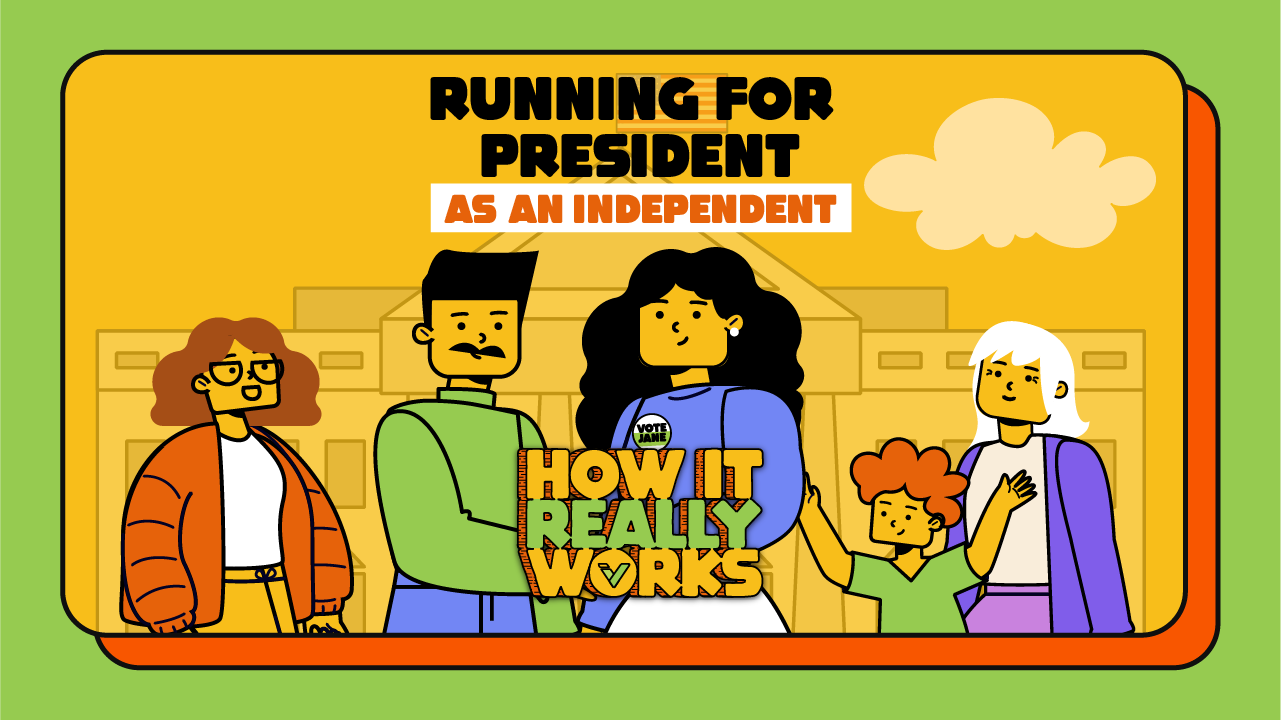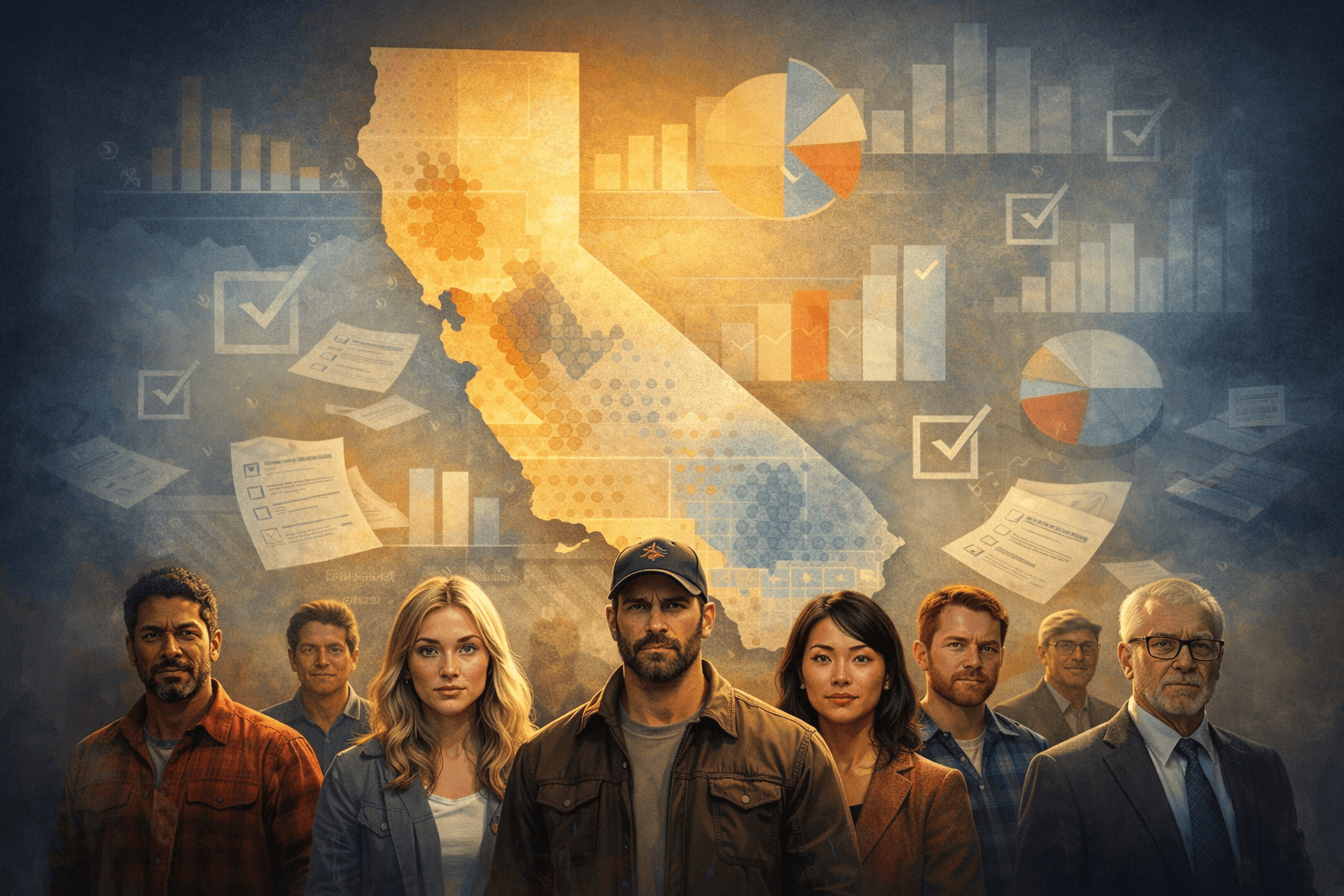California Lawmakers Push Back on Federal AI Regulation Ban Buried in 'One Big Beautiful Bill Act'

SACRAMENTO, CALIF. - Given the state’s role as home to many leading AI companies, a bipartisan coalition of California legislators is urging Congress to strike a little-noticed provision from the sweeping federal tax package that would block states and local governments from regulating artificial intelligence (AI) for the next decade.
The two-sentence-long provision they oppose appears deep within the "One Big Beautiful Bill Act," a 1,116-page Republican-led tax bill that passed the House by a single vote in the early morning hours of May 22.

If enacted, the provision would prohibit states, cities, and counties from passing or enforcing “any law or regulation regulating artificial intelligence models, artificial intelligence systems, or automated decision systems” until 2035.
In a letter to congressional leaders, 35 California lawmakers, including 32 Democrats and three Republicans, warned that the two-sentence AI provision threatens public safety, undermines innovation, and violates the principles of federalism.
“The proposed moratorium, which bears no relationship to the budget, jeopardizes the safety and rights of American citizens, fails to uphold the United States’ legacy of fostering innovation through responsible regulation, and undermines state sovereignty,” the lawmakers wrote in a letter first obtained by The San Francisco Chronicle. “In the absence of federal AI legislation, states must retain their constitutional authority to protect their citizens from AI-related harms.”
California Assemblymember Rebecca Bauer-Kahan (D-Orinda-16), lead author of the letter, and Chair of the Privacy and Consumer Protection Committee, said the provision goes too far. Still, she also tried to provide some assurance: “We're not going to do anything that is going to tank an industry that is so important to our economy. The tech industry — it definitely has an influence, but I think that we are able to keep it at bay and pass good laws.”
California Governor Gavin Newsom also opposes the federal preemption proposal. “With this proposal, Congressional Republicans are endangering laws in California that ban AI-generated child pornography, deepfake porn, and robocall scams against the elderly,” Newsom spokesperson Tara Gallegos wrote in an email to the Chronicle. “They are putting the public at risk.”
California, the world’s fifth-largest economy, is a national leader in AI regulation. According to Stanford University’s 2025 AI Index, California leads with 22 laws, followed by Utah with 12 and Maryland with eight. When it comes to the total amount of legislation passed by states from 2016 to 2024, California again tops the ranking with 42 bills, followed by Maryland (17), Virginia (17), and Utah (17).
Nevertheless, in September 2024, Governor Gavin Newsom vetoed a “sweeping” AI safety bill. The bill would have forced large companies to perform risk assessments on their AI models, but Newsom said it imposed excessive standards. If it had passed, the bill’s impact “could have extended beyond state borders, akin to the Brussels effect, shaping AI governance nationally and internationally,” according to Stanford’s 2025 AI Index.
Newsom did sign three bills to combat deepfake election content into law last year. AB 2655, AB 2839, and AB 2355 require large online platforms to remove or label digitally altered election content during specified periods, expand the time frame for prohibiting the distribution of deceptive AI-generated election content, and mandate that electoral ads using AI-generated or altered content include appropriate disclosures.
In October 2024, a federal judge in California issued a temporary injunction on one of the state’s new AI laws just two weeks after it was signed. In his ruling, Judge Mendez cited the law’s vague definition of “harmful” depictions as a potential threat to constitutionally protected speech. The law had been used to prosecute an X user after he had posted a deepfake featuring Kamala Harris.
According to Ballotpedia's political database, 26 laws governing various kinds of deepfakes have been enacted this year.
Attorneys general from 37 states, including 15 Republicans, have expressed concern that a blanket federal ban on state laws would interfere with active state efforts to ensure accountability in the use of AI.
House Energy and Commerce Committee ranking members blasted the AI provisions. Commerce, Manufacturing, and Trade Subcommittee ranking member Jan Schakowsky (D-IL-9) said"
“The Republicans’ 10-year ban on the enforcement of state laws protecting consumers from potential dangers of new artificial intelligence systems gives Big Tech free reign (sic) to take advantage of children and families. It is a giant gift to Big Tech and once again shows that Republicans care more about profits than people. This ban will allow AI companies to ignore consumer privacy protections, let deepfakes spread, and allow companies to profile and deceive consumers using AI. After stopping comprehensive national privacy from passing last year, Republicans are going after states and leaving consumers unprotected online.”
The Chamber of Commerce supports the provision.
140 groups signed a letter opposing the provision, including the Brennan Center for Justice, California Initiative for Technology and Democracy (CITED), California Nurses Association/National Nurses United, California School Employees Association, Children's Advocacy Institute, University of San Diego School of Law, Consumer Action Consumer Federation of America, Common Sense Media, Long Beach Alliance for Clean Energy, Los Angeles Alliance for a New Economy (LAANE), and University of California, Santa Cruz - Center for Labor and Community, among others.
Rep. Jay Obernolte (R-CA-23), a computer scientist who co-chairs the Bipartisan Artificial Intelligence Task Force with Rep. Ted Lieu (D-CA-36), said it is Congress’s job to regulate AI.
“No one believes that AI should be unregulated,” Obernolte said at a markup hearing. But, he said, it should be the job of Congress, not the states. “Congress needs to get its act together,” he said, and enact AI legislation to back up federal regulators with a comprehensive AI framework. “No one wants this to go on for ten years.”
The clause may face procedural obstacles in the Senate. The Senate parliamentarian could remove the AI language under the Byrd Rule, which prohibits non-budgetary policy changes.
Sen. John Cornyn (R-Texas), casting doubt on the provision’s survival, told the Associated Press, “I don’t know whether it will pass the Byrd Rule…That sounds to me like a policy change. I’m not going to speculate what the parliamentarian is going to do but I think it is unlikely to make it.”
In 2024, US federal agencies introduced 59 AI-related regulations—more than double the number in 2023 and issued by twice as many agencies.
Before 2024, only five states — California, Michigan, Washington, Texas, and Minnesota — had enacted laws regulating deepfakes in elections. In 2024, 15 more states, including Oregon, New Mexico, and New York, introduced similar measures. Additionally, by 2024, 24 states had passed regulations targeting deepfakes.
For independent voters prioritizing innovation, safe elections, and accountability, the issue raises key questions: Should Washington, D.C. block state and local regulation even before establishing a national standard? Or does such a move sideline legitimate state efforts to address rapidly evolving technology
 Cara Brown McCormick
Cara Brown McCormick






